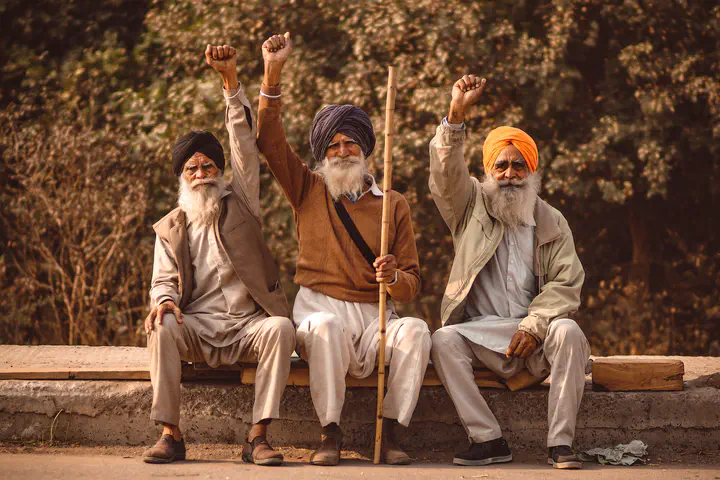Man Up, Weapons Down: A Survey Experiment on Civil Resistance and Masculinity
 Image credit: Ravan Khosa via Wikimedia Commons
Image credit: Ravan Khosa via Wikimedia CommonsAbstract
Male participation in political violence is frequently driven by the desire to perform masculine gender identity. Seminal civil resistance figures such as Gandhi or Dr. Martin Luther King, Jr. argued that participation in civil resistance fulfilled a similar role, providing opportunities to perform a masculinity based in agency and strength while avoiding the toxic and destructive aspects of masculinity embedded in political violence. If genuine, such a substitutionary effect would have significant implications for both reducing political violence and social movement mobilization. Yet while a growing literature examines women’s participation in civil resistance, almost no research to date has examined the effects of gender on men’s participation. In this paper I present a registered report for an online vignette experiment with a pre-post design in which self-identified men are randomized into five conditions: a control condition and four variants of a civil resistance movement. I hypothesize that men asked to imagine they have chosen to participate in a civil resistance campaign will exhibit larger increases in self-perceived masculinity relative to the control group, and that such effects will be particularly pronounced in movements described as engaged in physically confrontational tactics or facing government repression.